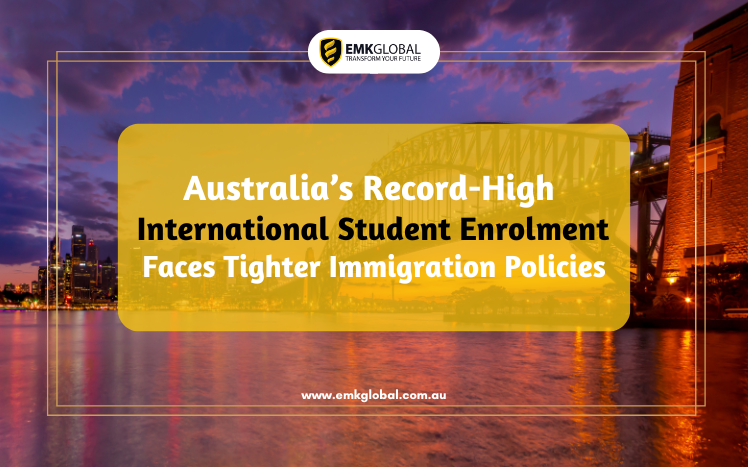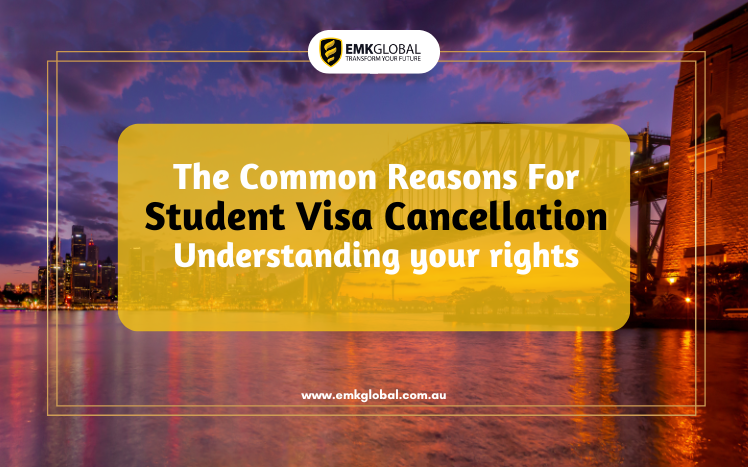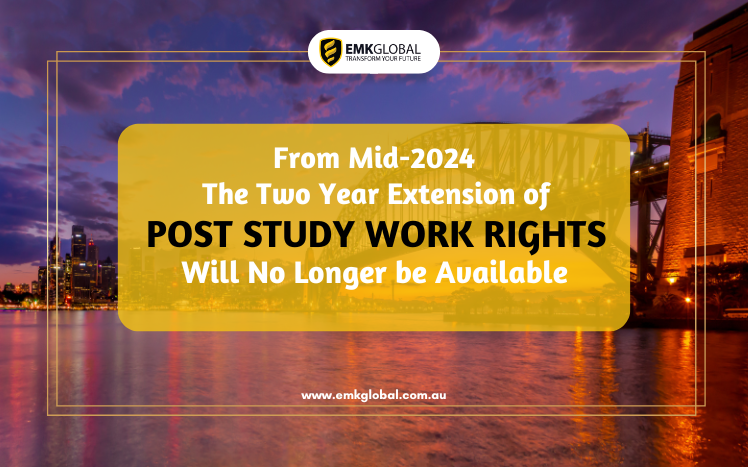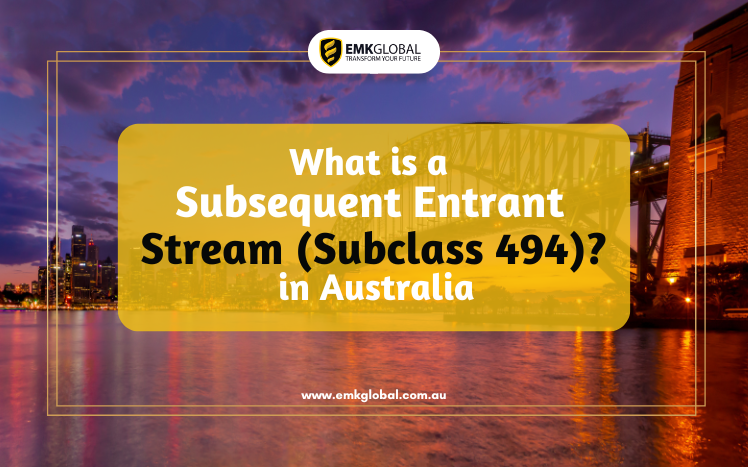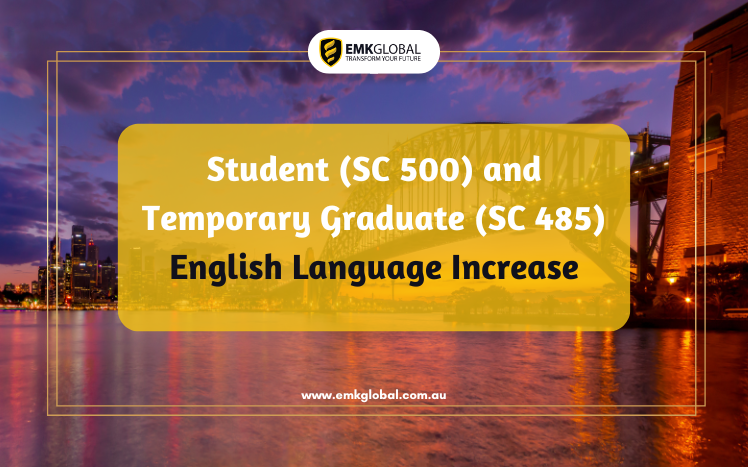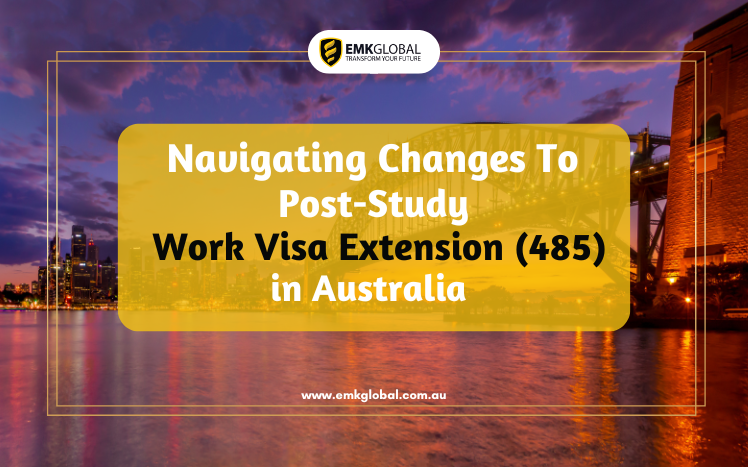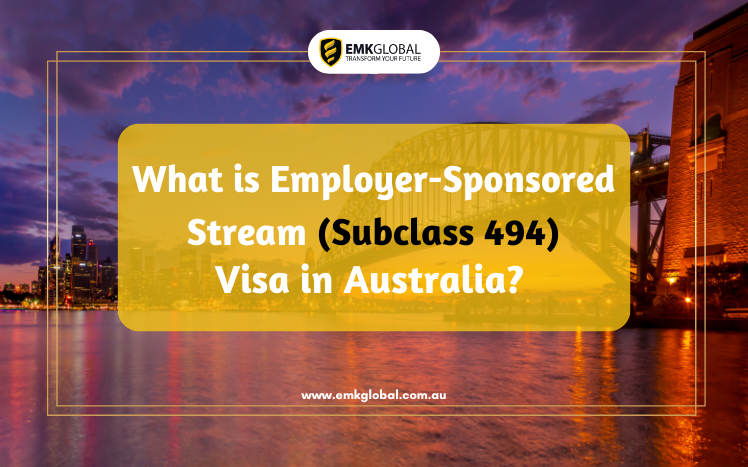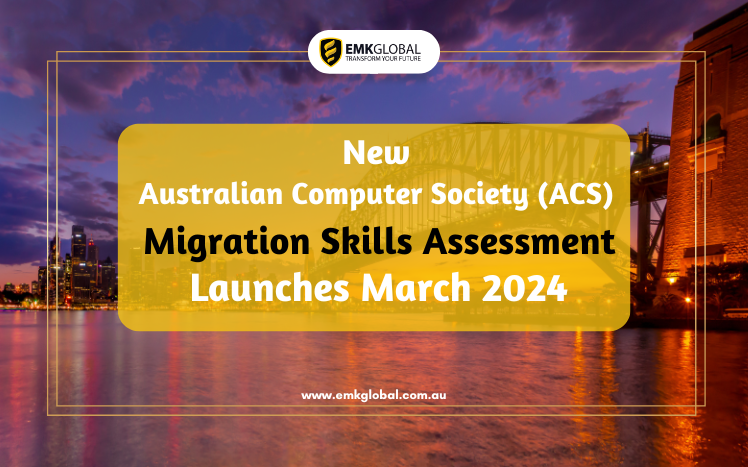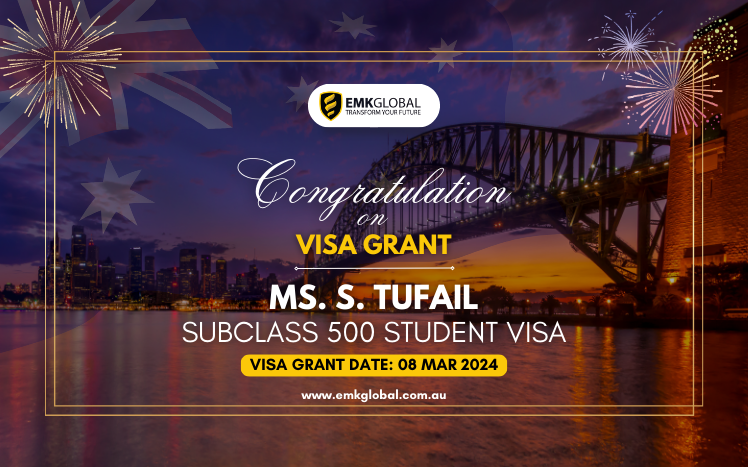Introduction
Australia’s education sector has experienced significant growth in international student enrolment, reaching a record high of 713,145 students by February 2024. However, this surge in numbers is met with new challenges posed by tighter immigration settings and heightened scrutiny on visa applications.
Record Highs: International Student Numbers in Australia
The influx of international students into Australian universities and colleges has been remarkable, reflecting the country’s allure as a study destination. As of early 2024, over 700,000 students from around the world are pursuing their education in Australia, contributing both culturally and economically to the country.
Government Actions and Immigration Policy Shifts
In response to the escalating numbers, the Australian government has implemented measures to regulate and manage the flow of international students. These actions are aimed at ensuring that students arriving in Australia genuinely intend to study and contribute positively to the academic environment.
The Impact on Visa Applications and Refusal Rates
The tightening of immigration policies is evident in the declining number of visa applications and the skyrocketing refusal rates. From November 2023 to February 2024, over 50,000 visa applications from prospective international students were rejected, signaling a more rigorous assessment process.
The Introduction of the Genuine Student Test
A significant change in the immigration landscape is the shift from the Genuine Temporary Entrant (GTE) test to the Genuine Student (GS) requirement. This new test delves deeper into students’ intentions, economic circumstances, and study plans, ensuring that only genuine students are granted visas.
Higher English-Language Requirements for Prospective Students
To further raise standards, higher English-language proficiency scores are now required for visa applicants. The International English Language Testing System (IELTS) scores have been increased, reflecting the government’s commitment to academic excellence and student success.
Crackdown on “High-Risk” Education Providers
In an effort to maintain quality standards, the government is targeting education providers deemed high-risk for non-compliance with immigration regulations. Warning notices are being issued to these providers, emphasizing the importance of adherence to visa rules.
Perspectives on the Changes
The recent policy shifts have garnered mixed reactions. While the government sees them as necessary to streamline the system and reduce migration levels, many stakeholders in the education sector express concerns about potential financial losses and negative impacts on Australia’s reputation as a study destination.
Conclusion
Australia’s international education landscape is evolving, balancing the benefits of record-high enrolment with the need for stricter immigration controls. As the government implements these changes, collaboration and dialogue between stakeholders will be crucial to navigating this dynamic environment.


